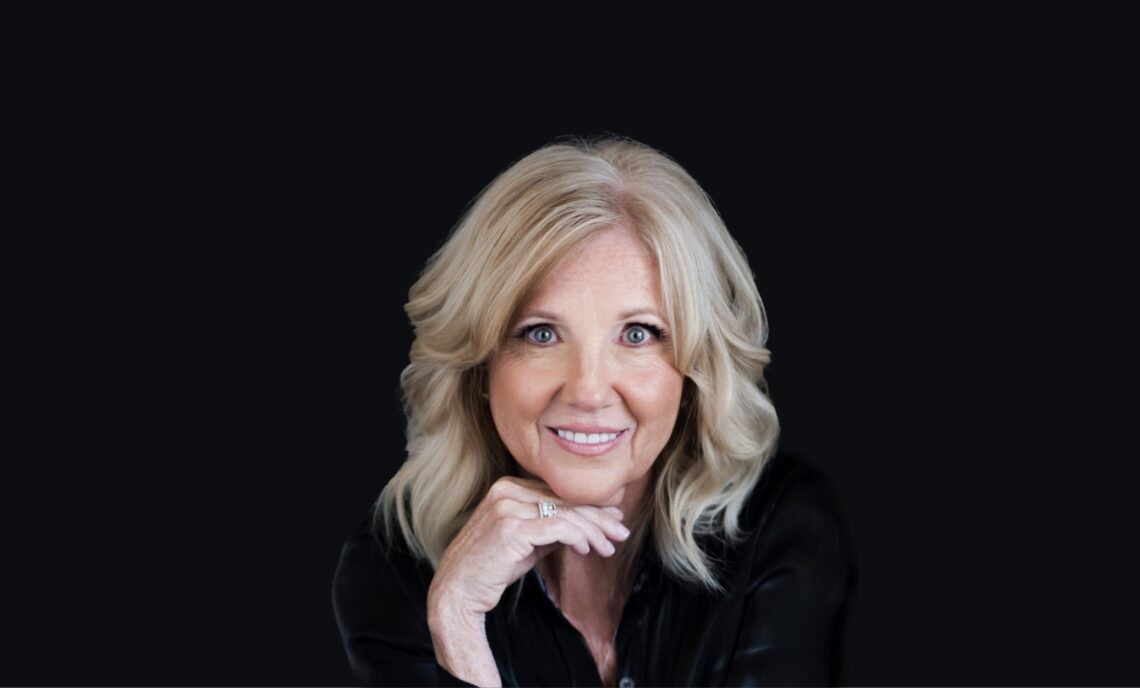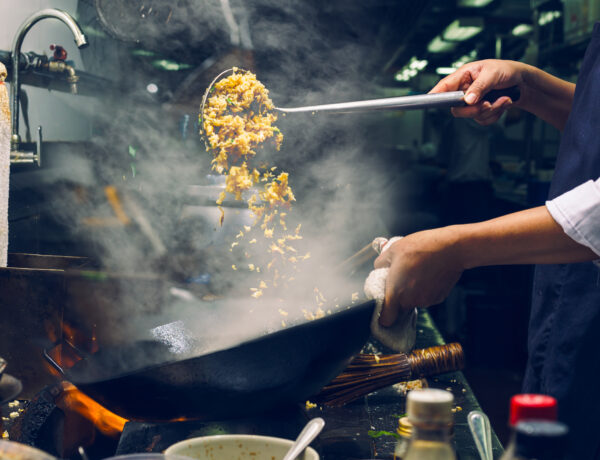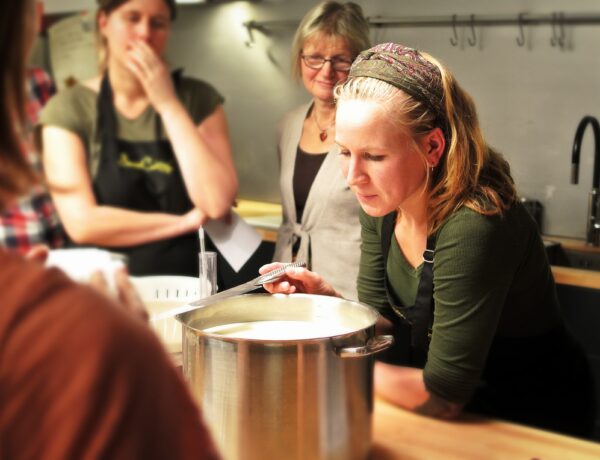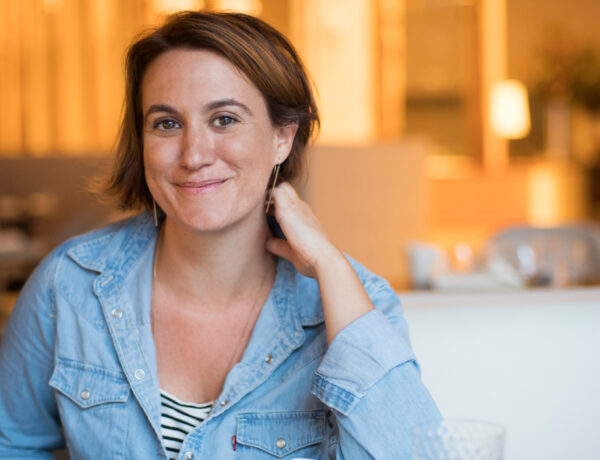Following a career in marketing, sales and business development for foodservice-based promotional agencies and brands — including McCormick and French’s — Julie Swift began working as a consultant a year and a half ago, providing services such as broker training to recent startups, Fortune 500 and other companies.
In May 2022, Swift also launched the Foodservice Women’s Alliance, a nonprofit organization dedicated to facilitating women’s professional growth and increasing equality in the industry.
FWA is free to join; in addition to connecting via a private LinkedIn page, members can participate in monthly 30-minute virtual meetings, which offer opportunities to network and discuss topics like owning your personal brand.
The organization also sends job leads via email, and to help promote a more inclusive environment across the foodservice sector, FWI plans to release a diversity, equality and inclusion playbook for companies in January.
Since its 2022 start, the group has amassed approximately 250 members — 20% of which, according to Swift, are women of color, and 65% work in director-level or higher roles.
Swift recently spoke with Reset the Table about her background, the experiences she’s had working as a consultant — and why women should feel comfortable being themselves in the workplace.
How did you initially become involved in the industry?
My very first job in the industry was in a supermarket deli — to cut the mold off of the cheese and re-wrap and re-merchandise it.
I’ve never really wanted to do anything but the food industry. It’s just in my blood. My dad was a grocer and eventually owned his own grocery store. I worked for him for a few years on the retail side of the business. I did a lot of the advertising, merchandising and store management.
Then I went to work for a retail broker, and I moved over to foodservice marketing with French’s, the condiment company.
I was actually hired as a market segment specialist at French’s with their commercial division, which is the foodservice division. They wanted someone who had retail experience because club stores, at that time, fell under the commercial business, so they really needed somebody who understood merchandising and the lingo a foodservice retailer would be looking at.
Do you have any advice for women who are hoping to enter the consulting side of the foodservice industry?
There is no dipping your toe in. You’ve either got to go all in, or don’t do it. That means you’ve got to really develop your branding; you’ve got to let people know exactly who you are. You’ve also got to know you are not for everyone, and that’s OK.
My very best advice is to have no plan B.
What’s the biggest challenge you’ve faced working as a consultant in the industry?
Oftentimes, I’m working with the highest level of leadership and seeing the dysfunction of the way a female or a person of color is being treated in that process. That has been the biggest challenge — because you do walk a fine line as a consultant to give feedback on the business. In the few instances where I’ve actually seen that, I’ve been able to offline call it out to that senior person in the room and say, “You will not retain this person, and she’s a rock star.”
I wish it wasn’t even a thing. But it’s in all elements of our industry, and it’s not going to fix itself.
What has being a woman and a consultant within the foodservice sector meant to you?
All of the issues you face in a corporate environment being a woman are very different than in the consultant space.
When somebody looks at the fact you’ve got 30 years in the industry, you’ve worked on both sides of the manufacturer-broker table, they’re either the kind of company who’s going to listen to what you have to say — or they’re not. And if they’re not, they’re likely not even going to reach out to you in the first place.
You’re literally a voice in the room that is being paid for, and if you’re going to pay for something, you’re probably going to listen to that something.
There have been some conversations recently around the term “badass” and how its connotations suggest women need to act masculine to succeed. What are your thoughts on that?
I understand why that’s a dynamic, and in full transparency, I’ve done it, and they don’t think any more of you for it. You might as well be you — the absolute best version of yourself that you can.
You shouldn’t have to temper, shrink or posture yourself, or calibrate your setting to be successful in this industry.
It really is about owning exactly who you are. When you step into that, a different kind of empowerment happens. It’s an unbridled feeling of really being able to do your best work, to bring those best ideas.
A lot of times, what happens in this space for many women is you bring up an idea, and four minutes later, someone else repeats that idea and represents it as their own thought.
I had an off-site meeting with a founder and another consultant who was hired for expertise in a different area; I presented three slides, and literally, within five minutes, one of the other people in the room repeated it, almost word for word. Someone else said, “That sounds exactly like what Julie just said.”
This is just one of those microaggressions. Someone is coming from a place of not being conscious of what they’ve just done. So I spun my laptop around and went directly to the next slide. My purpose isn’t to shame anybody, but the days of me sitting with my hands folded on my lap while that happens — they’re over.





